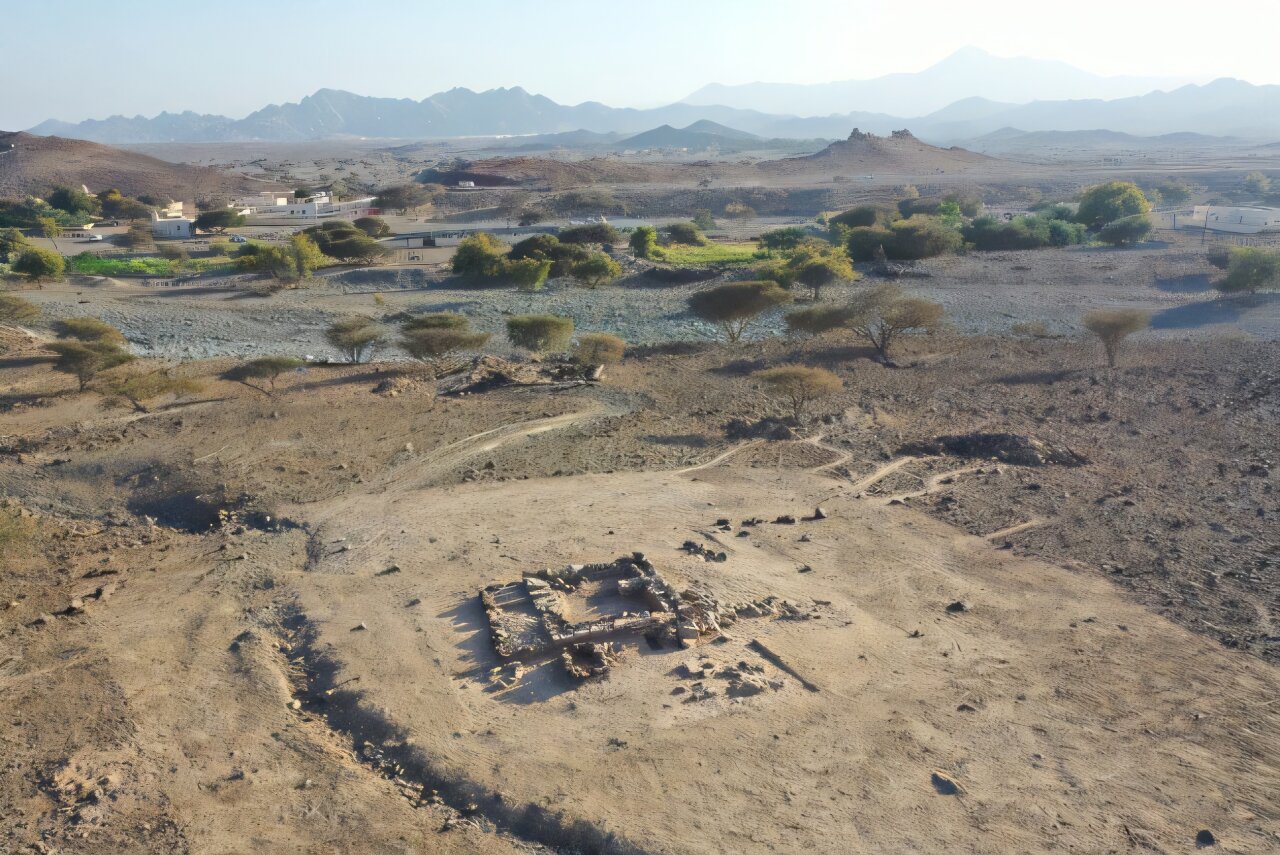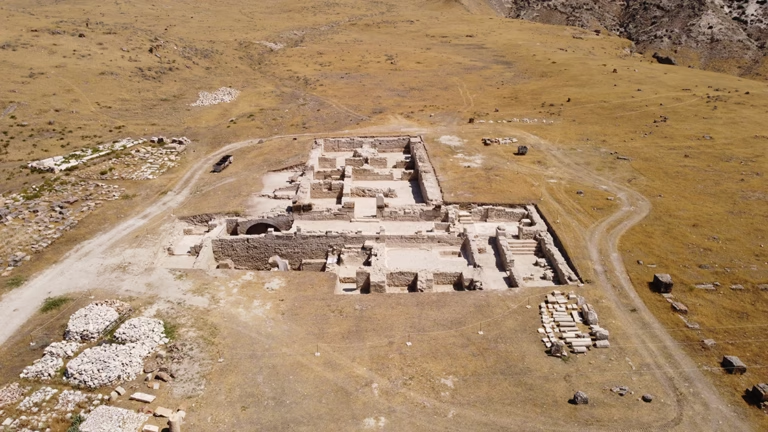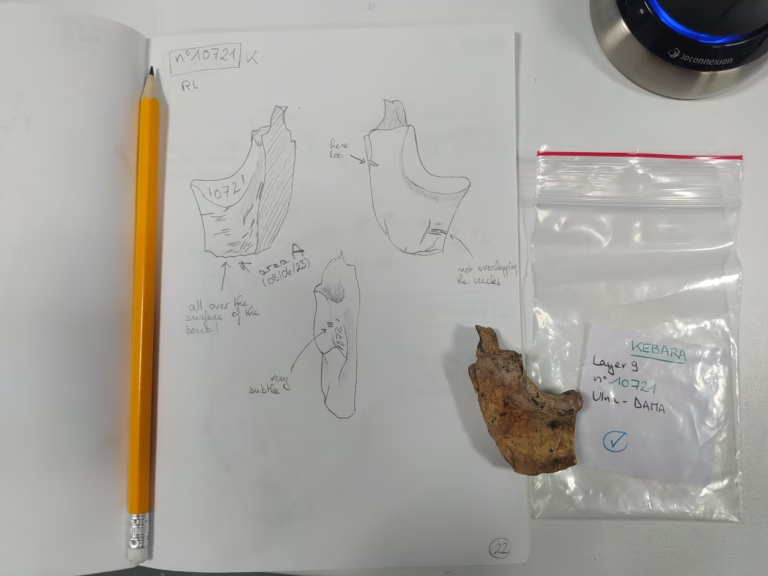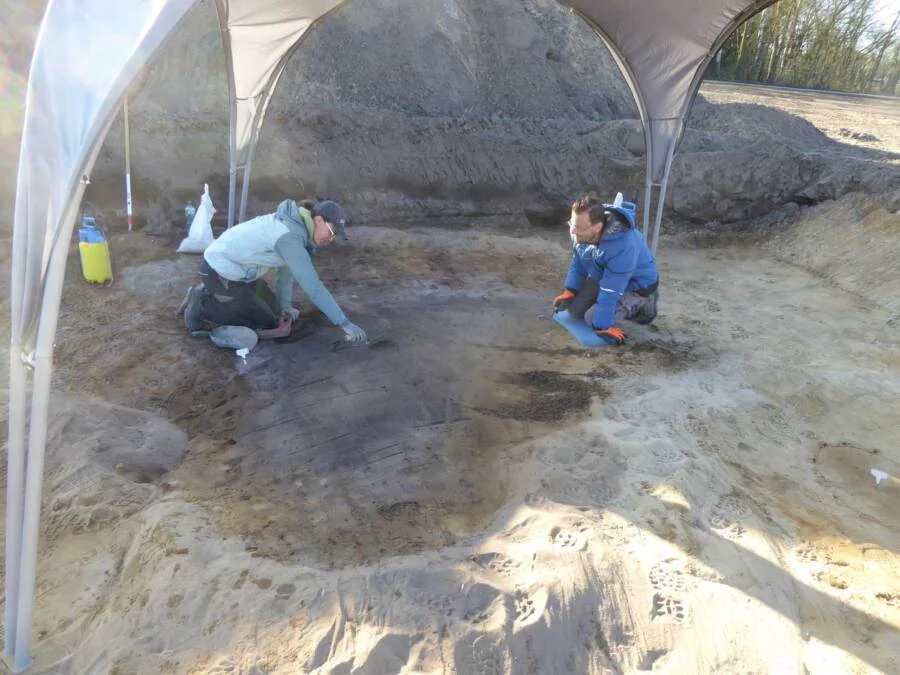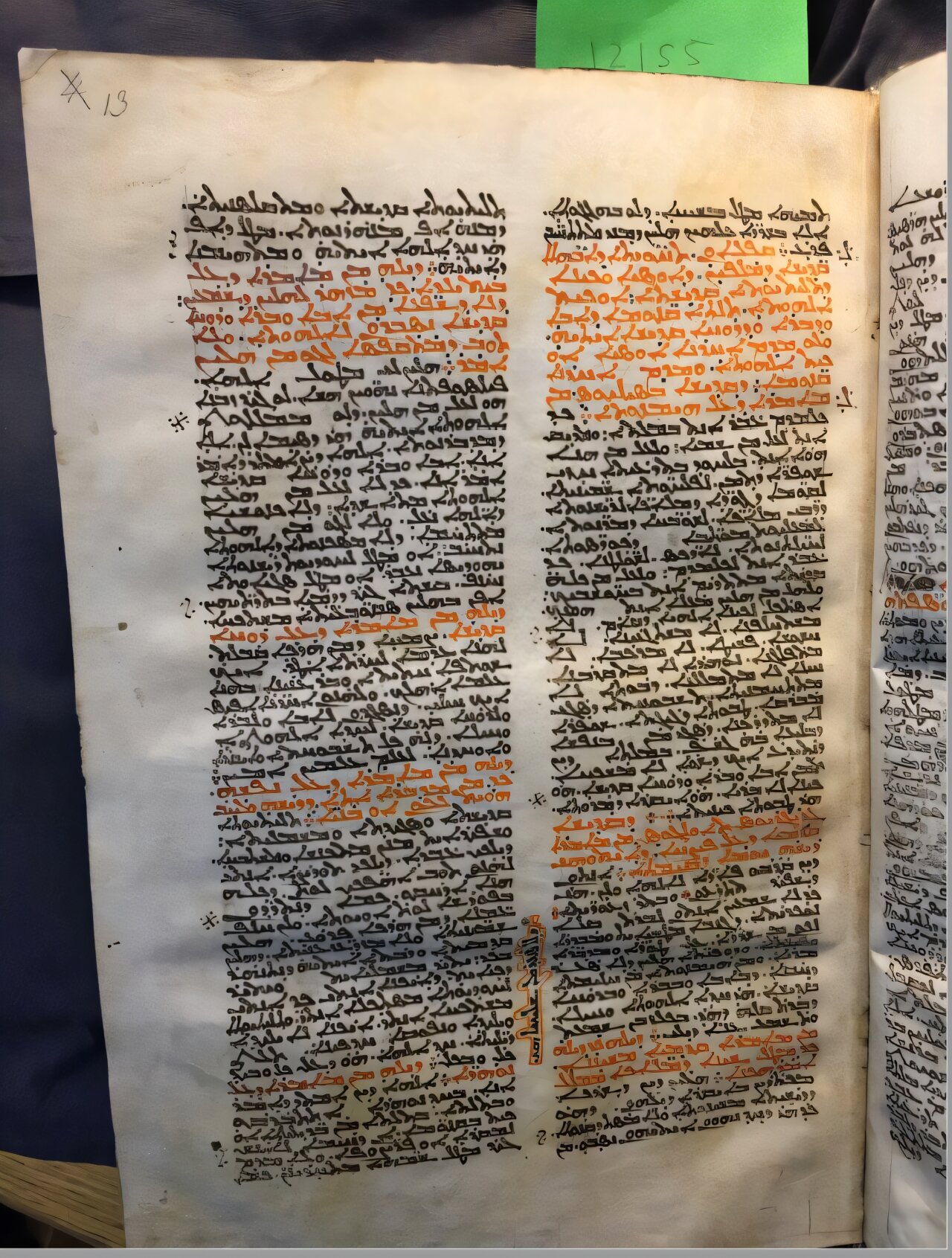Archaeological excavations near Dahwa in Oman have uncovered striking discoveries at a 4,000-year-old Bronze Age settlement. Archaeologists have obtained new and exciting information about the musical practices and cultural interactions of ancient societies, thanks to two copper cymbals found in the region.
The team led by Professor Khaled Douglas from Sultan Qaboos University determined that the cymbals found in Dahwa bear great similarities to those of the Indus Valley civilization in present-day Pakistan. However, chemical analyses revealed that these cymbals were made from local copper sources in Oman. This finding shows that the inhabitants of Dahwa produced unique musical instruments using materials from their own region and displayed a unique cultural identity.
According to the research published in the journal “Antiquity,” the discovery of these cymbals changes the current assumptions about the origins and development of musical instruments. The shared musical traditions between the Umm an-Nar culture of Oman and the Indus Valley civilization highlight the close relations between these two distinct societies. Professor Douglas states that the ritual practices related to the cymbals may have been transmitted from Southeast Arabia to the Indus Valley or vice versa. This situation emphasizes the complexity of cultural interactions in the region and shows that they were based not only on trade but also on the exchange of ideas and traditions.
Previously, evidence of contact among Bronze Age societies in the Arabian Gulf was generally limited to trade items such as pottery and metal objects. However, the Dahwa cymbals offer a rare perspective on the social and cultural dimensions of these interactions. The presence of musical instruments in archaeological contexts shows that music played a vital role in communal rituals, ceremonies, and even religious practices.
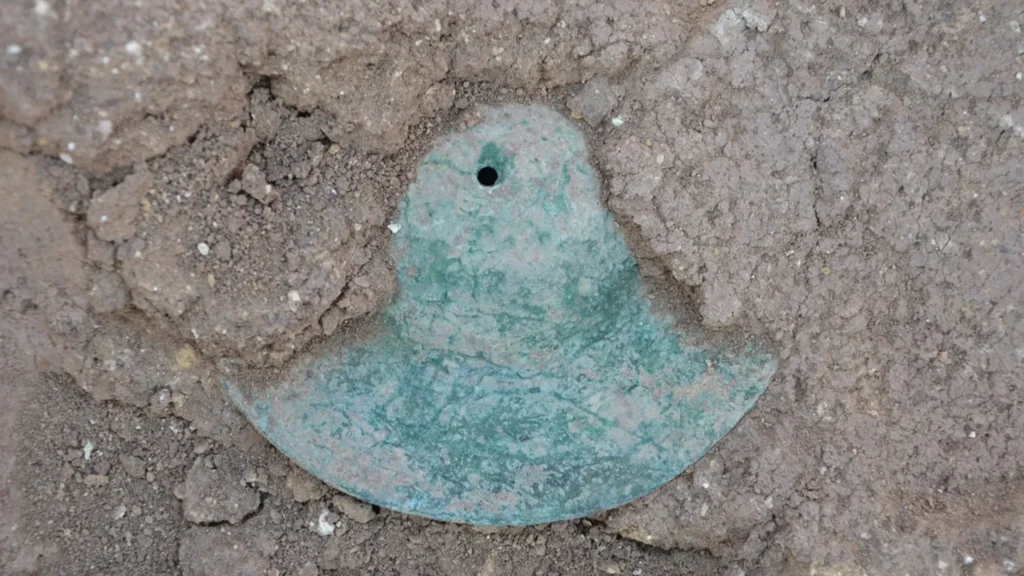
The cymbals were discovered in a rectangular building under a stone floor, likely placed as offerings to deities. Researchers believe that the ceremonies held at this site included music, hymns, and dance, and that these practices played a significant role in strengthening community bonds.
As the study of these ancient cymbals continues, it is becoming increasingly clear that music was a universal aspect of human life and created a strong bond between different cultures. The findings from Dahwa encourage a reassessment of the social impacts of interregional contacts during the Bronze Age and suggest that shared musical traditions may have been an important element in maintaining harmonious relations among the various communities around the Arabian Gulf.
In conclusion, the discovery of the Dahwa cymbals not only enriches our understanding of Bronze Age musical practices but also emphasizes the importance of cultural exchange in shaping the identities of ancient societies. As researchers delve deeper into the past, the role of music in uniting people across time and space remains a compelling narrative in the story of human civilization.
Bronze Age cymbals from Dahwa: Indus musical traditions in Oman, Antiquity (2025). doi.org/10.15184/aqy.2025.23
Cover Image Credit: Aerial photograph of the building in which the cymbals were found. Antiquity
